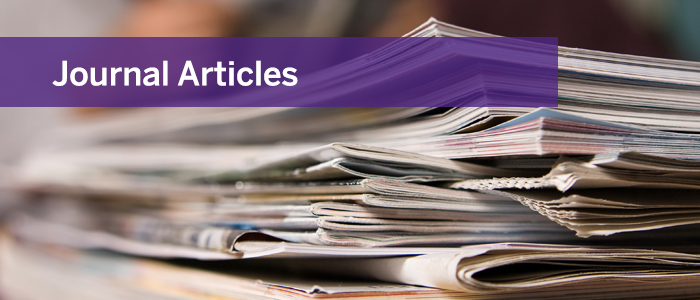
Document Type
Article
Publication Date
11-15-2016
Journal
The Journal of Primary Prevention
Volume
38
First Page
87
Last Page
104
URL with Digital Object Identifier
https://doi.org/10.1007/s10935-016-0457-0
Abstract
First Nations, Métis, and Inuit (FNMI) youth are disproportionately affected by a range of negative health outcomes including poor emotional and psychosocial well-being. At the same time, there is increasing awareness of culturally-specific protective factors for these youth, such as cultural connectedness and identity. This article reports the findings of a mixed-methods, exploratory longitudinal study on the effects of a culturally-relevant school-based mentoring program for FNMI youth that focuses on promoting mental well-being and the development of cultural identity. Participants included a cohort of FNMI adolescents whom we tracked across the transition from elementary to secondary school. We utilized data from annual surveys (n = 105) and a subset of youth whom we interviewed (n = 28). Quantitative analyses compared youth who participated in 1 or 2 years of mentoring programs with those who did not participate. At Wave 3, the 2-year mentoring group demonstrated better mental health and improved cultural identity, accounting for Wave 1 functioning. These results were maintained when sex and school climate were accounted for in the models. Sex did not emerge as a significant moderator; however, post hoc analyses with simple slopes indicated that the mentoring program benefited girls more than boys for both outcomes. Interview data were coded and themed through a multi-phase process, and revealed that the mentoring program helped participants develop their intrapersonal and interpersonal skills, and enhanced their cultural and healthy relationships knowledge base. Collectively, the quantitative and qualitative components of this study identify multiple years of culturally-relevant mentoring as a promising approach for promoting well-being among FNMI youth.

- Citations
- Citation Indexes: 43
- Policy Citations: 1
- Usage
- Downloads: 569
- Abstract Views: 6
- Captures
- Readers: 221


Notes
This paper is openly available online at: https://link.springer.com/content/pdf/10.1007/s10935-016-0457-0.pdf